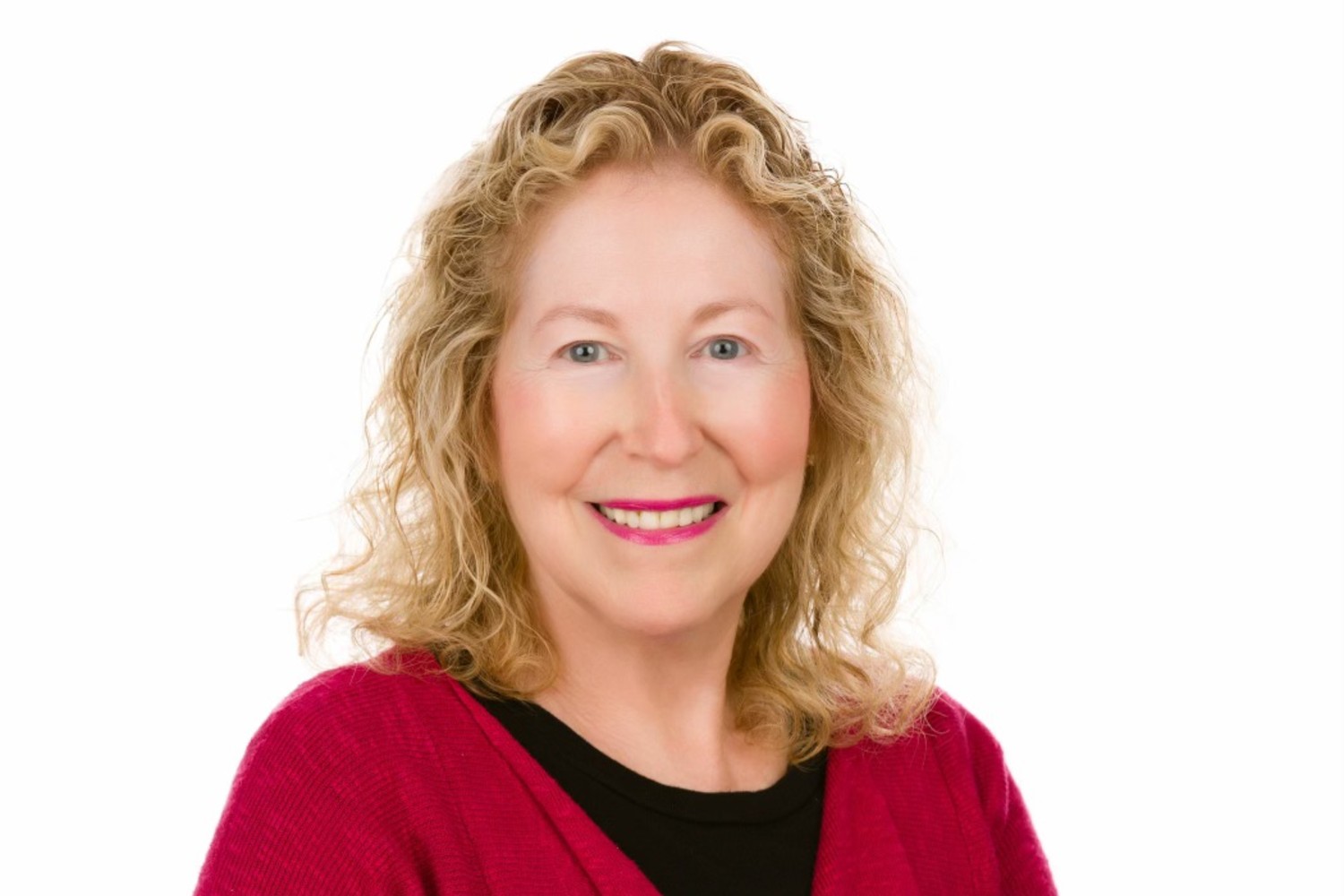
Author Julie Gilbert Discusses the Writing of Her New Book ‘Giant Love’
Julie Gilbert Today, we delve into the enduring relevance of the themes explored by Pulitzer Prize -winning author Edna Ferber
I was 20 when I first told another person I’d been sexually abused as a child. My confessor is a dear friend; after nearly five decades he remains the oracle of a remarkably close circle of men forged together as American, middle-class Gen-X boys. Clem was post-high school, like me. Not yet seriously invested in higher education, like me. Not learned on the dynamics of grooming or child sexual abuse, like me. Yet he accepted my account with grace, compassion, and gentleness. His reaction, tender and beyond our years, emboldened me to open up to the rest of our group. Each accepted what I had to tell them and understood me better for it. And knowing me fairly well to begin with, they encouraged me to write about it. My first novel, Copperhead Road , was the product of that early, terrible work; a coming-of-age story, an exploration of horror, betrayal, shame and guilt, but ultimately hope and the power of adolescent friendship. The story is only marginally autobiographical; what happened to me was bad, but far less dramatic and systematic than what was suffered by the boys at the heart of the story, some “good,” some “bad.” The descriptors are in quotes because of their gross inadequacy at defining these characters, be they 17 (which most were) or three times that age. Indeed, the antagonist of Copperhead Road, a brutal, manipulative child sexual abuser, hiding in plain sight as a community leader, is a character more reflective of […]
Click here to view original web page at From Surviving Evil to Prosecuting Evil to Writing Evil
© 2022, wcadmin. All rights reserved, Writers Critique, LLC Unless otherwise noted, all posts remain copyright of their respective authors.

Julie Gilbert Today, we delve into the enduring relevance of the themes explored by Pulitzer Prize -winning author Edna Ferber

The Mallorcan Joana Marcús is a young bestseller in Spain and America, writer of young adult novels with a romantic


